The article studies a number of features of religiosity of the population, considered in terms of a cross-cultural (Russia and Belarus) approach. The theoretical (“basic”) and empirical (“historical”, “sociological”, “institutional”, “vernacular”, etc.) levels of two idealized types of religiosity associated with the cultural memory of society are distinguished: “confessional” and “personal-civil”. The authors separate the “language of respondents” (“language of the first order”) and “language of experts” (“language of the second order”), which differ as observation of reality and observation of observers of reality. The empirical basis of the study was the results of a pilot survey of student youth in Belarus and Russia in comparison with the materials of a number of other projects. The methodological basis for interpreting the materials was the approaches of philosophical religious studies, N. Luhmann’s “communicativist ontology”, the sociology of religion and the promising concept of “vernacular religiosity”. This synthesis allows us to consider empirical facts through the prism of an expert model of the phenomenon of religiosity within the framework of “grounded theory” (“self-justifying theory”) as an autopoiesis of distancing descriptions of facts and their comprehension in the spectrum of assessments from zealous “religiosity” to zealous “non-religiousness” (“atheism”).
Key words: youth, N. Luhmann, religion, institution of confession, religious way of life, compliance, “vernacular”, “instant religiosity”, “non-religiousness”
DOI: 10.22250/20728662_2023_1_125
About the authors
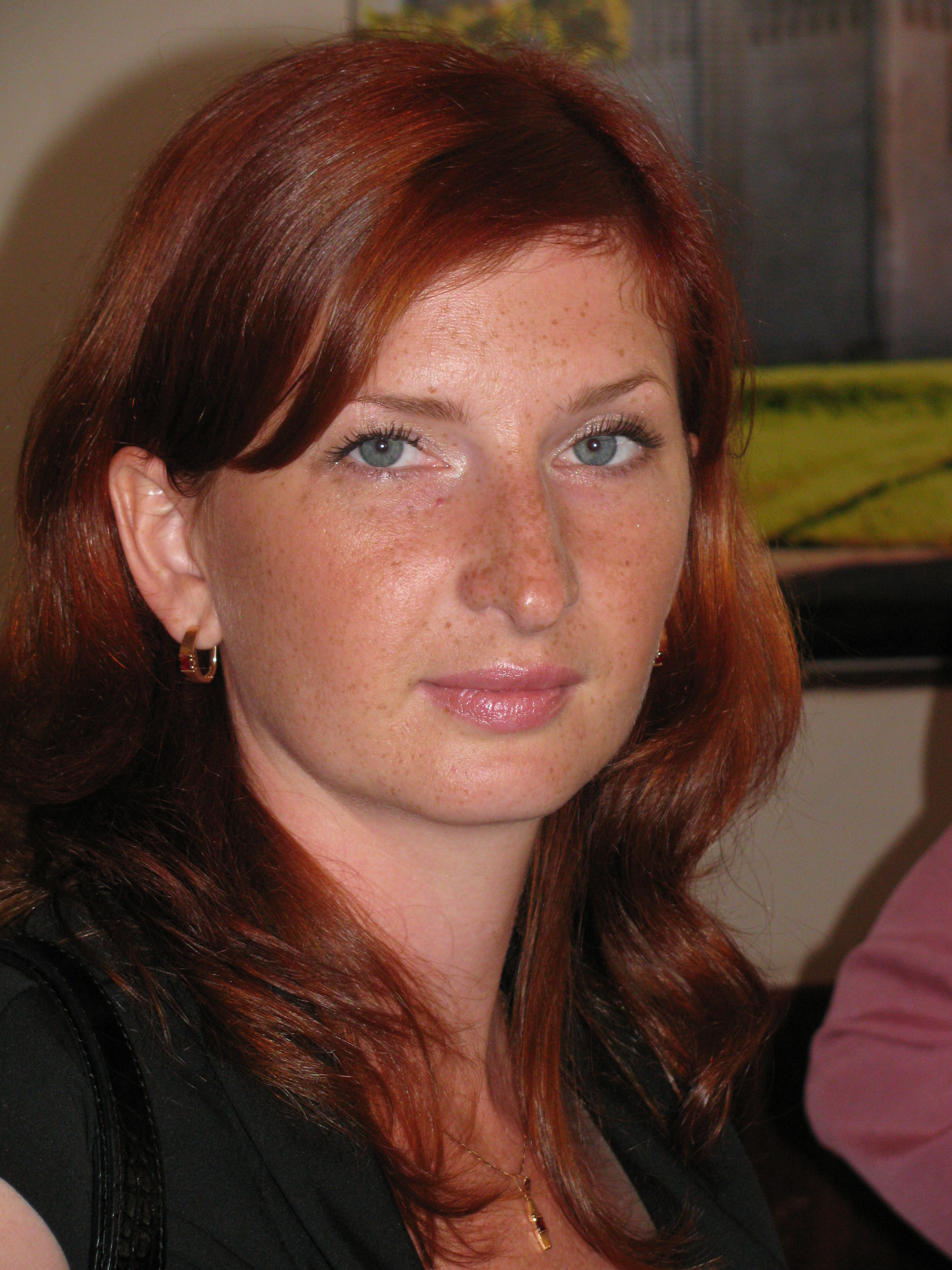 |
Natalia M. Markova – PhD in Philosophy, Associate Professor, Assistant Professor at the Department of Philosophy and Religious Studies of Vladimir State University; Vladimir, Russia; This email address is being protected from spambots. You need JavaScript enabled to view it. |
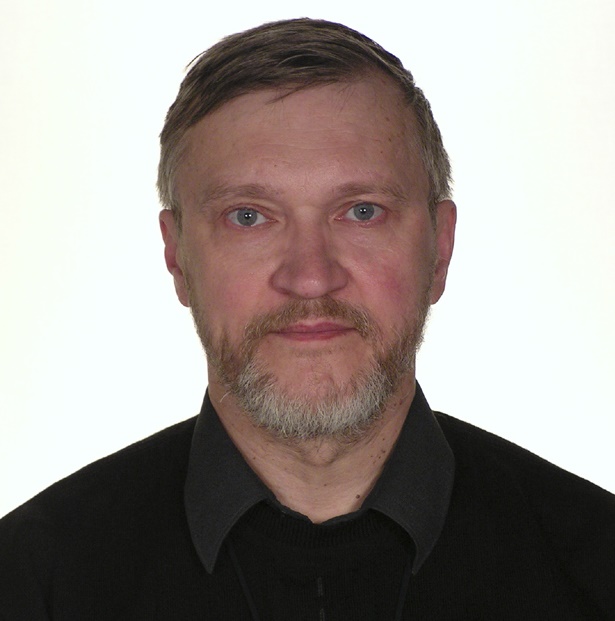 |
Evgeny I. Arinin – Doctor of Science (Philosophy), Professor, Head of the Department of Philosophy and Religious Studies of Vladimir State University, Vladimir, Russia; This email address is being protected from spambots. You need JavaScript enabled to view it. |
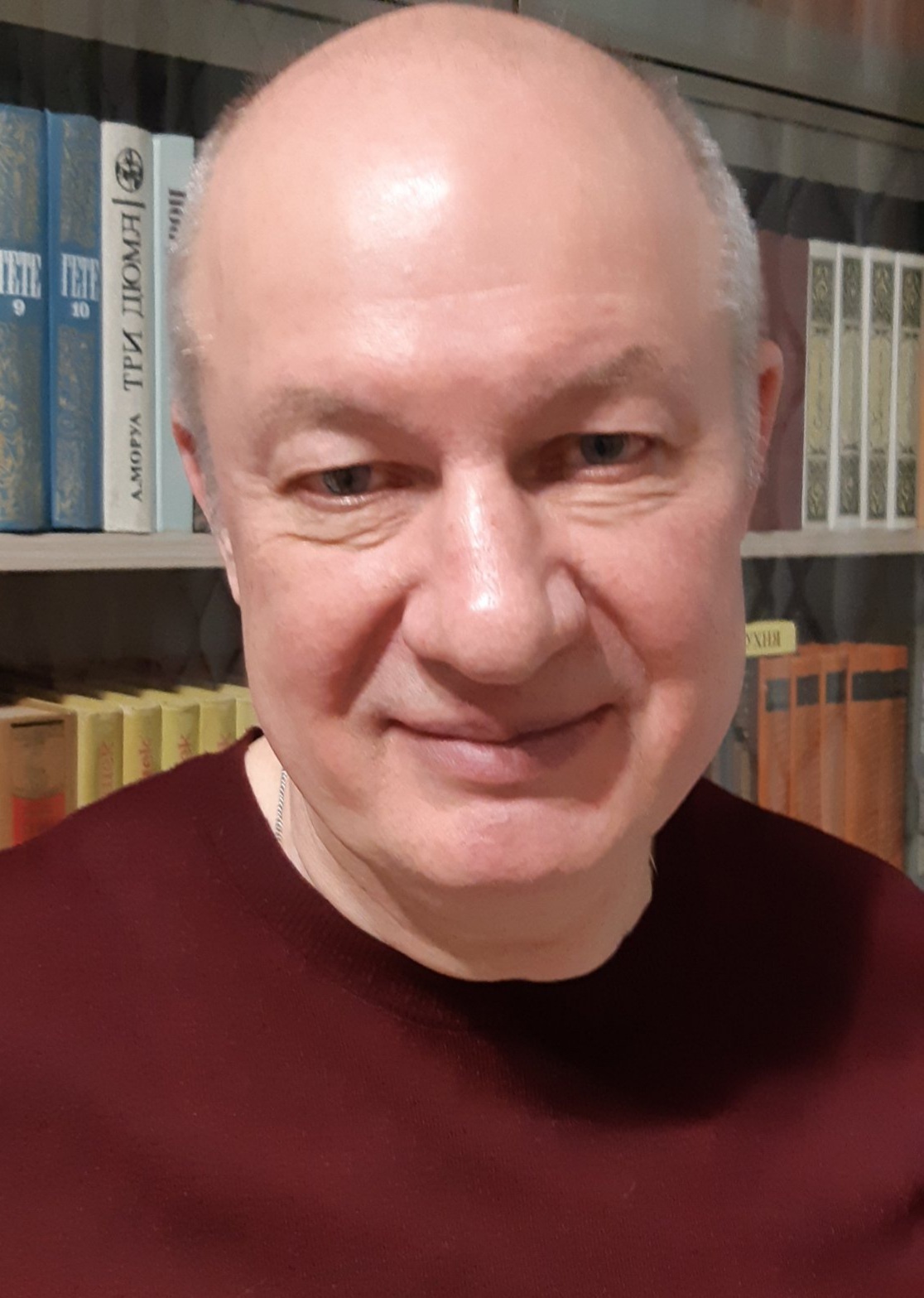 |
Alexander Y. Bendin – Doctor of Historical Sciences, Professor at the Department of Theology of the Institute of Theology of the Belarusian State University; Minsk, Belarus; This email address is being protected from spambots. You need JavaScript enabled to view it. |
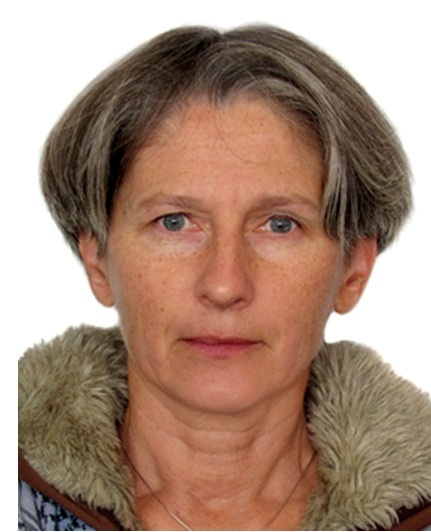 |
Svetlana G. Karaseva – PhD in Philosophy, Associate Professor, Assistant Professor at the Department of the Philosophy of Culture, Philosophy and Social Sciences Faculty, Belarusian State University; Minsk, Belarus; This email address is being protected from spambots. You need JavaScript enabled to view it. |
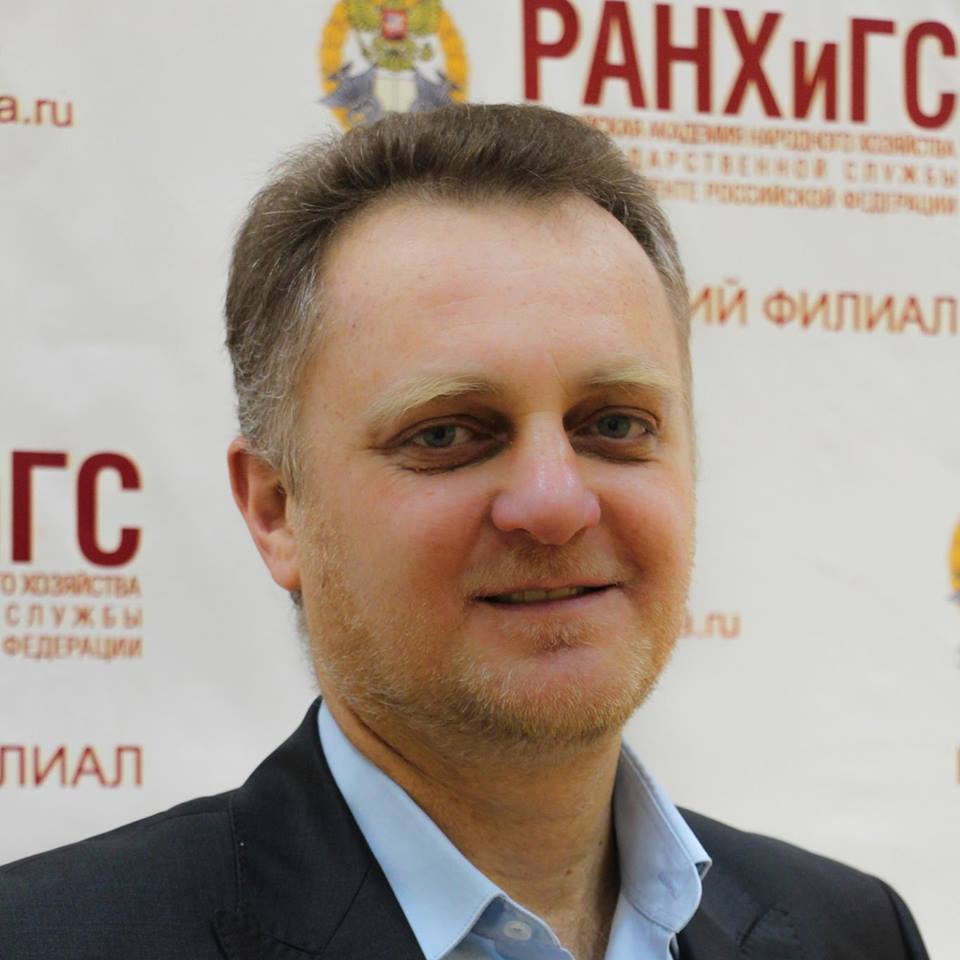 |
Dmitry I. Petrosyan – PhD in Philosophy, Associate Professor, Assistant Professor at the Department of Humanities of the Vladimir Branch of the Russian Presidential Academy of National Economy and Public Administration, Assistant Professor at the Department of Sociology of Vladimir State University; Vladimir, Russia; This email address is being protected from spambots. You need JavaScript enabled to view it. |






